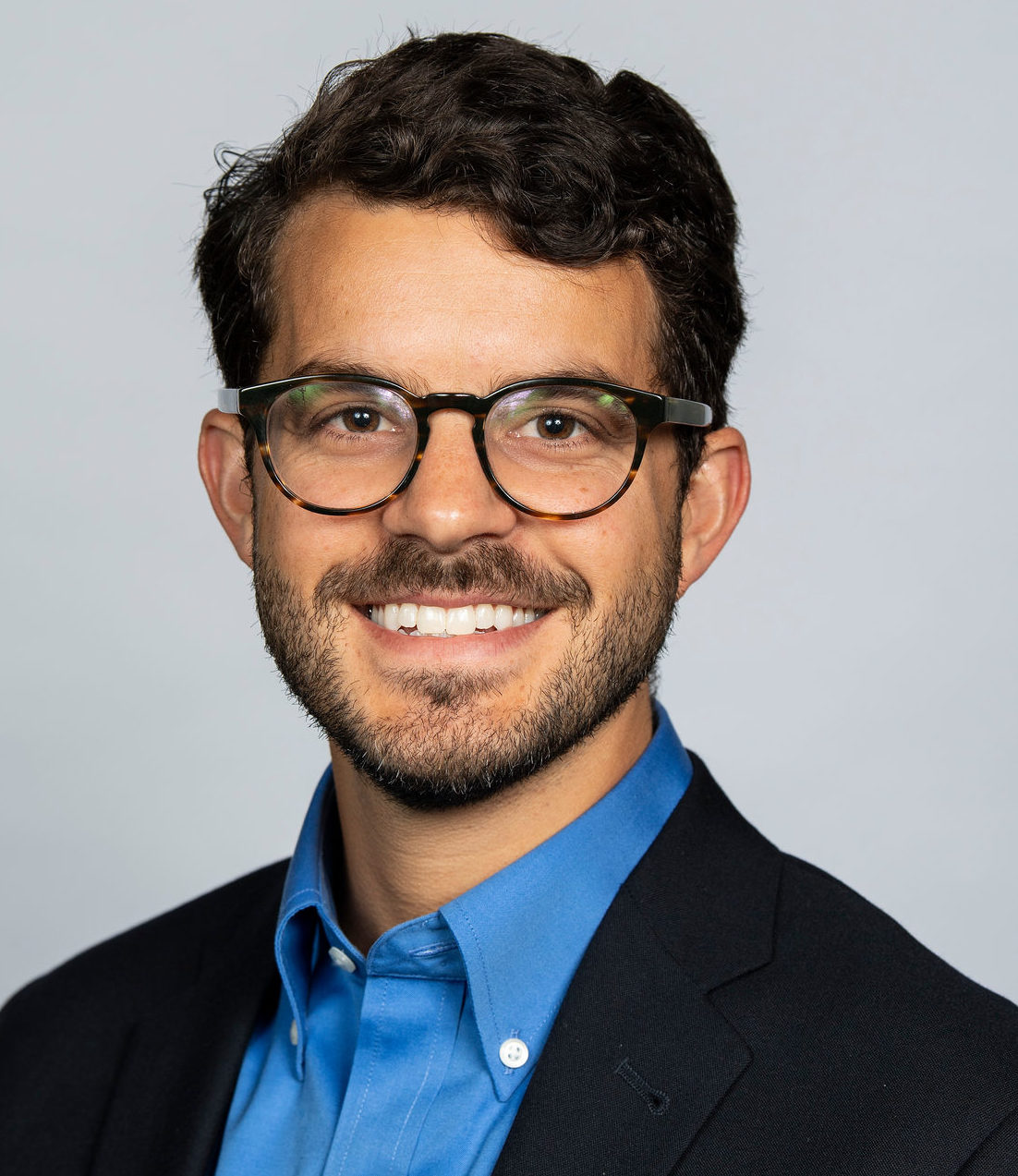
Through a grant from the American Folklife Center at the Library of Congress, CAMD faculty member Byrd McDaniel, Visiting Assistant Professor in the Department of Music, is conducting research on livestreaming subcultures and the labor of online content creators – with PAX East, a large annual gaming convention, as the backdrop. His fieldwork at PAX, held on February 27 – March 1, explores the work of the “creators,” “streamers,” and “influencers” behind today’s most popular digital platforms, which are critical sites for folklife (the study of cultural life).
These digital content creators represent a relatively unexplored yet rapidly expanding American workforce, using their platforms – such as YouTube and Twitch – as outlets to construct narratives of their lives and cultural identities, to tell stories, and to express values. They also turn to these channels for their livelihood, crafting and curating content that reveals their life stories while strategically gaining revenue through advertisements, subscriptions, and sponsored content. They often have varying levels of success, ranging from generating millions of dollars in income to simply laboring for free. Professor McDaniel’s project explores their labor and addresses important questions, including: What are the stakes for these digital practices, which turn sociality into an occupation? What are the occupational hazards of these new forms of labor, which require the constant exposure of intimate details of a person’s life to complete strangers? Professor McDaniel gave a talk on a related topic earlier this semester, as part of the Department of Music’s Leading Voices Speaker Series: Click to Share!: How Popular Music Reaction Videos Turn Listening into an Expressive Practice.
Documenting PAX East as a cultural practice, Professor McDaniel will compile stories from the creators, streamers, influencers, designers, gamers, scholars, and others in attendance.
“PAX East is a singular opportunity, because it embodies the interplay between physical and digital worlds. It brings online cultures and digital gamers into a physical space, where they can talk about their experiences, goals, and values. It is a chance to explore a community that prioritizes self-documentation as a kind of vocational labor, which will allow me to reveal the side of this workforce that often remains unseen and unheard,” explained Professor McDaniel. “This research, which represents early stages of a book-long project on livestreaming subcultures, will help me highlight the unique plight and possibilities of creators, who represent a growing workforce in the United States.”
As an ethnographer, Professor McDaniel analyzes different cultures by doing fieldwork, with the goal of understanding the values and experiences that shape them.
“My work focuses on the labor of online creators who livestream their various forms of play, in order to transform it into profit and personal expression,” said Professor McDaniel.
In addition to the American Folklife Center, which funds research that enables scholars to document past and present practices that shape American lives, Professor McDaniel’s work has been funded by the Association for Recorded Sound Collections. His recent work appears in Ethnomusicology, American Quarterly, and Disability Studies Quarterly.


